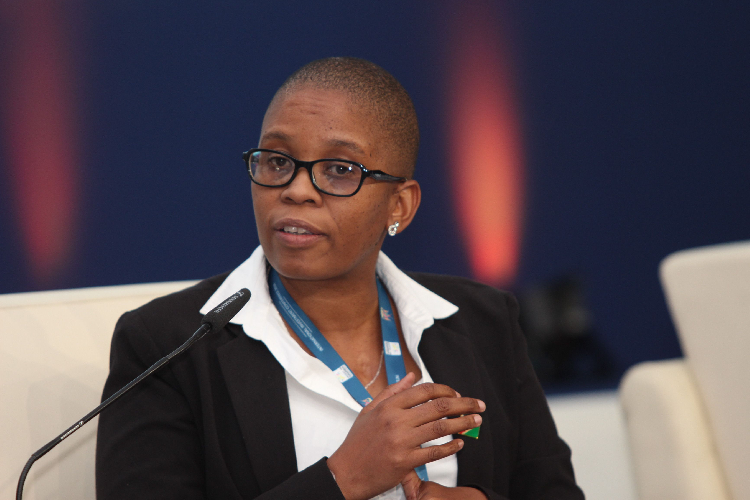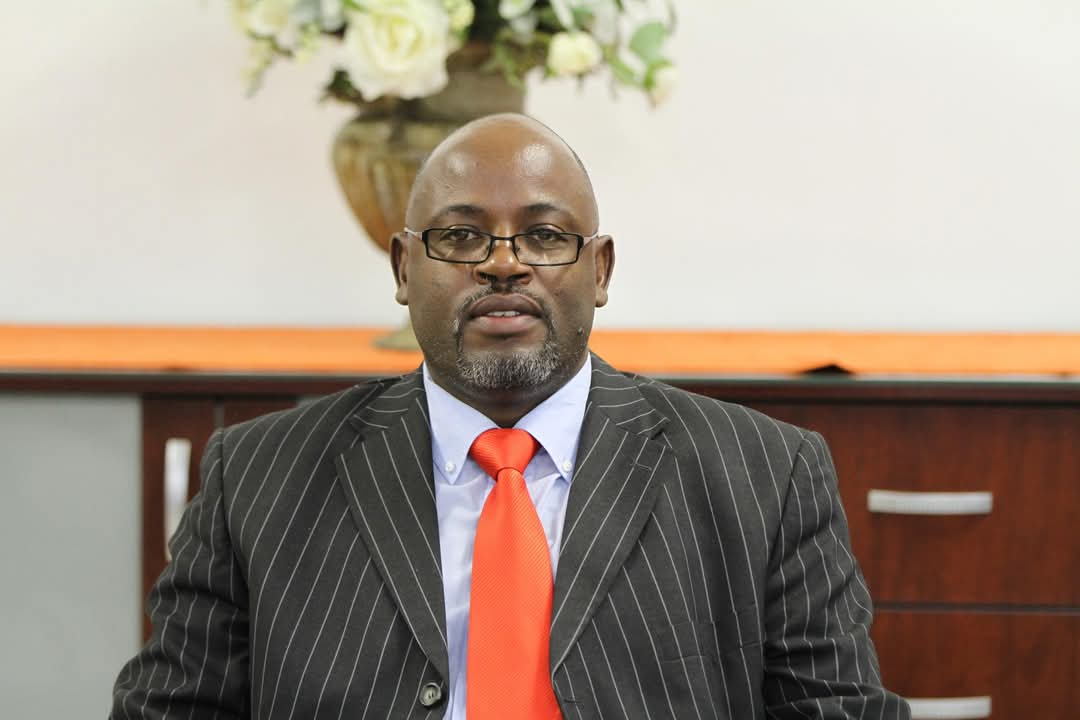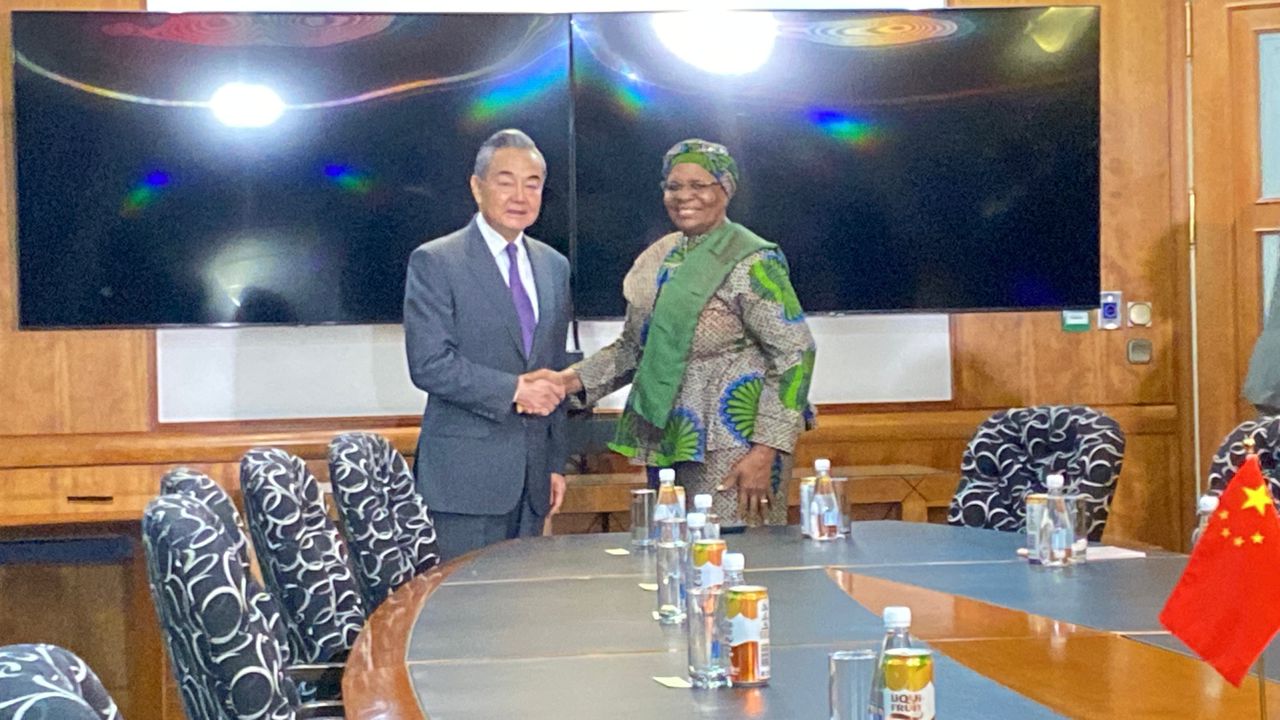THE Ministry of Justice is allegedly dragging its feet in implementing the law that would protect whistleblowers, despite receiving close to N$8 million from the national budget this year.
President Hage Geingob signed the Whistleblower and Witness Protection Act into law three years ago to encourage whistleblowers to report corruption and assure them that they would be protected.
But this process to enforce this law has been dragging for years, especially under former justice minister Sacky Shanghala, who is now in jail awaiting trial in a corruption case.
That delay appears to continue, despite finance minister Iipumbu Shiimi informing justice minister Yvonne Dausab in May this year that close to N$8 million was made available to enforce the whistleblower law.
Sources told two weeks ago that the ministry is deliberately delaying the implementation of the whistleblowers’ law.
In fact, the ministry allegedly wants to divert the funds to other directorates because of inefficiencent staff structure.
Dausab claims that the lack of structure has caused the delay and that it was due for approval by the Public Service Commission, which approves government job grades.
The Public Service Commission said they know nothing about the proposed structure.
The Namibian asked the justice ministry last week to explain the delay in enforcing the law.
Instead, it published its answers on social media in a clear attempt to preempt the article.
In that response, Dausab denied that the ministry is trying to divert funds meant for the act elsewhere.
“Allegations that the Ministry of Justice is willfully delaying the implementation of this legislation or intending to divert the funds to cover for other expenses are unfounded and regretted as the successful implementation of the legislation will be a milestone achievement,” she said.
According to her, N$7 million would enable the ministry to fill the top two positions in these structures with administrative support.
The budget allocated would not only be used for salaries but also for the rental of office accommodation, setting up offices with furniture, technology equipment and cellphones.
“The total amount needed, according to the requirements for the full implementation of the witness protection programme, amounts to approximately N$160 million per year,” Dausab said.
Dausab added that the recruitment of the staff structure would only be done by December this year.
“The proposed staff structures, required for the implementation of both these acts, are due for approval by the Public Service Commission and the process of obtaining this approval is underway.
“The recruitment process for the proposed structure is anticipated to be done by December 2020, whereafter the notice to bring the legislation into operation will be gazetted,” Dausab said.
However, chairperson of the Public Service Commission, Markus Kampungu said the commission has not received the request for a staff structure to implement the act.
“No request has been received at the commission. Perhaps it is with the departments at the Office of the Prime Minister, but I am hearing this for the first time,” Kampungu said.
One of the greatest challenges facing Namibia, as it aspires to fight corruption head-on, is the protection of whistleblowers.
There is no reference to whistleblowers in the Anti-Corruption Act of 2003, the State-owned Enterprise Governance Act 2 of 2006, and the Companies Act 28 of 2004.
Anti-Corruption Commission (ACC) director general Paulus Noa told The Namibian last week that the act is an important tool that would make a difference in the operation of the watchdog institution.
“The commission foresees an increase in corruption reporting should the law become operational.
The protection of whistleblowers is definitely at the root of the fight against corruption,” he said.
“In our opinion, the operationalisation of the protection office will increase the momentum in the fight against corruption,” Noa said.
Stay informed with The Namibian – your source for credible journalism. Get in-depth reporting and opinions for
only N$85 a month. Invest in journalism, invest in democracy –
Subscribe Now!








